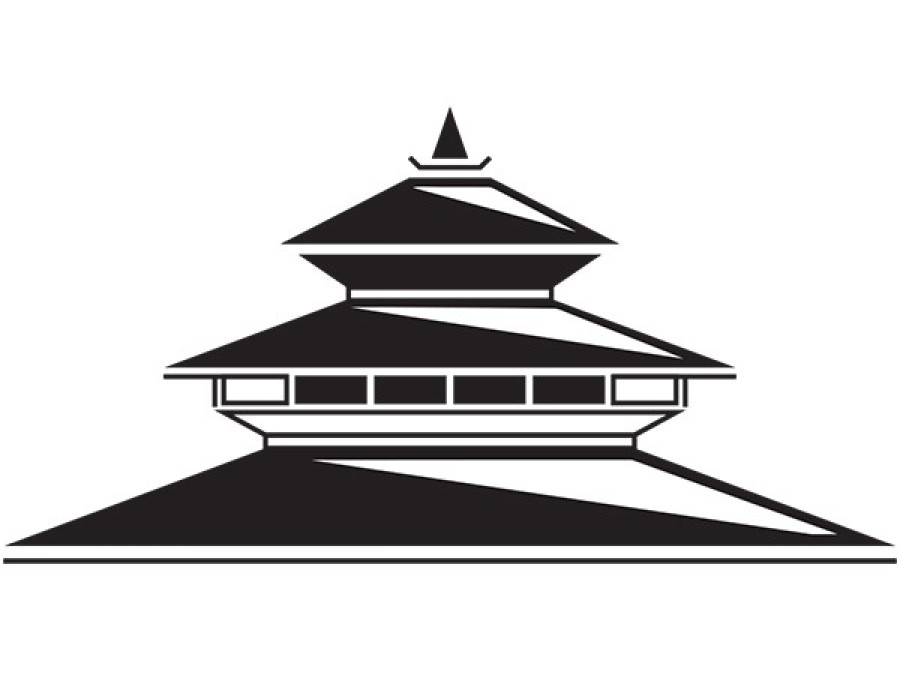Tue, Mar 3, 2026
Editorial
Drawing the line
Law prohibiting establishment of new medical colleges in Kathmandu for 10 years is positive
bookmark
Published at : April 5, 2018
Updated at : April 5, 2018 08:37
The House of Representatives (HoR) endorsed the Health Profession Education Act, which the President had previously issued as an ordinance, on Tuesday. This was a relatively uneventful event. There was no real opposition to the law. It was striking that the two major ruling parties—the CPN-UML and the CPN-Maoist Centre—also voted for the ordinance, even though they had so strongly opposed it not so long ago.
It is to be hoped that the passage of the law will bring to an end a chapter in the history of Nepal’s medical sector, a protracted period marked by great vehemence and controversy in medical education. The credit for starting the campaign should go to Dr Govinda KC, with his uncompromising fight for reforms in health education. This campaign stretched over a number of years. On various occasions Dr KC would go on hunger strikes. Successive governments would then reach a deal with him and his supporters but would then renege on their promise and Dr KC would go on hunger strike again. As part of one of these agreements, the government formed the Mathema Commission, which produced detailed recommendations on the regulation of the health education sector. The recent Education Act was formed in accordance with these recommendations.
The role of the UML and CPN-MC is particularly notable here since they had both so strongly opposed the legislation. These parties felt that such a law had a direct impact on their interests, since many members of these parties were investors in two controversial medical colleges—Manmohan Memorial Institute of Health Sciences in Kathmandu and the Birtamod-based B & C Hospital.
The law, meanwhile, prohibits the establishment of new medical colleges in Kathmandu for a decade. Dr KC’s supporters had accused these parties of seeking to profiteer from the establishment of new colleges and this was not without justification. As Dr KC and others have argued, there are already too many private medical colleges in the capital and most of them have been established with the intention of making money rather than providing quality education. That the UML and CPN-MC have now accepted this bill is a positive step. We hope that they now abide by the provisions of the Education Act.
The passage of the Health Profession Education Act, however, is only the beginning of a process of massive reform that is necessary in the health education sector. The law provides for the formation of a Health Profession Education Commission (HPEC), which is meant to establish an overarching regulatory framework for medical education. This commission will have the responsibility of ensuring that medical colleges in Nepal meet the necessary quality and are geared towards fulfilling the needs of the country rather than the particular vested interests of a few. It is to be hoped that this commission will soon be formed and take active steps towards fulfilling its objectives.
Most Read from Editorial
Editor's Picks
Five and half decades of KP Oli in Nepali politics
How Facebook’s algorithm is amplifying one party over all others
Nepal’s IT exports near $1 billion. Can the momentum be sustained?
Parties’ lofty pledges on economy collide with hard realities
Upper house passes tourism bill with tougher Everest rules
E-PAPER | March 03, 2026
×




 9.6°C Kathmandu
9.6°C Kathmandu














